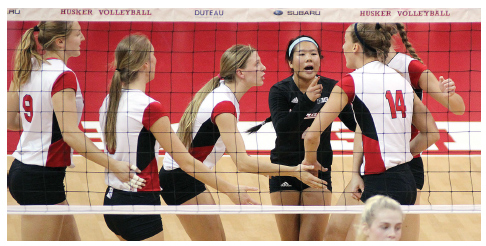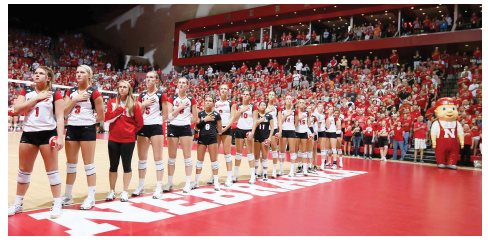|
The Difference Between Coaching and Mentoring By: Terry Pettit Originally Published: Coaching Volleyball, Provided by: AVCA
Since retiring from coaching at the University of Nebraska in 2000, I have had the opportunity to mentor several hundred collegiate coaches and athletic directors throughout the country. While mentoring has some aspects that are similar to coaching, there are significant differences. Even though a head coach may have recruited every player on her roster, she will have some team members who would prefer not to be coached, or at least not have to change their behaviors to be on the court. But a coach has to make the effort to change the attitude of these players or she will never have her best talent on the court. It is different with mentoring. A mentor has to be invited into the relationship. A head coach has to believe the benefits from a mentoring relationship will be worth the risks. On the few occasions where I have worked with either an athlete or head coach who has been required to enter a mentoring relationship, it usually hasn't worked out. After talking with her for several minutes it became apparent that she wasn't interested in changing her behavior. I hadn't been invited. I could tell by her body language that she didn't want any help. At the end of the conversation, I told both the head coach and the student-athlete that I would not be mentoring the golfer. The time spent in mentoring can never be replaced, and it would be better for me to spend time with someone else who was ready to move forward. Coaches who choose to be mentored can have several different motivations. Some are required by their athletic administrators to consider mentoring as a last option before they are fired. (Impending catastrophe can be a great motivation for change.) Some successful coaches are ready to take on specific challenges or reach higher goals, while others want to talk about staff development, recruit-ing or game management. Occasionally, even the most successful head coaches feel they are stuck. They may have an idea on what may be holding them back, but they would like to be in a conversation with someone who may have had a similar experience. Sometimes they have not empowered their staff to tell them a different truth, or they may not have anyone outside the program that understands the nature of coaching that they can talk to. Mentoring is different than coaching in another way. A mentor has to genuinely appreciate the person they are entering a relationship with, and they have to believe that they will benefit from the relationship as well. That means that it would be impossible for most mentors to work with someone who lacked integrity, or who physically or mentally abused their players or staff A mentor is not likely to change the character of a head coach and a health professional might be a better choice. "How do you keep yourself from reaching your goal?" The question is phrased deliberately. If I asked, "Why is your program not reaching its goals?" a coach would likely respond with issues she believes are outside her control, such as: • "I don't have the support of my senior women's administrator." There is likely some truth in the head coach's observations, but they don't allow for the head coach to take responsibility for her decisions and behaviors any more than a player who chooses to blame her attack errors on the setter. A good mentor has to genuinely care for the person he is working with. A good mentor is almost like a phantom figure. There are no awards, no bonuses, no acknowledgment at banquets; and a mentor has to keep the perspective that the really hard work is being done by the head coach. A good mentor has to be a great listener, and he has to spend a good deal of time figuring out the best path towards transformational change with this particular head coach. With the people that I have had the opportunity to work with, there are few who are not conscientious about their job and the care for their student-athletes. But when stress hits with a disappointing season, there is a tendency to push down harder on an accelerator that has a direct connection to something that has worked in the past but may not be as effective with a changing game and environment. One of the most difficult challenges a mentor faces is gently persuading a head coach to consider letting go of an idea that may no longer be productive. It is also one of the greatest rewards when a mentor has the opportunity to work with a head coach who has the courage to allow herself to be as uncomfortable as the athletes she is coaching. It always comes down to trust.
|



 "I am not a teacher, but an awakenen"
"I am not a teacher, but an awakenen"





